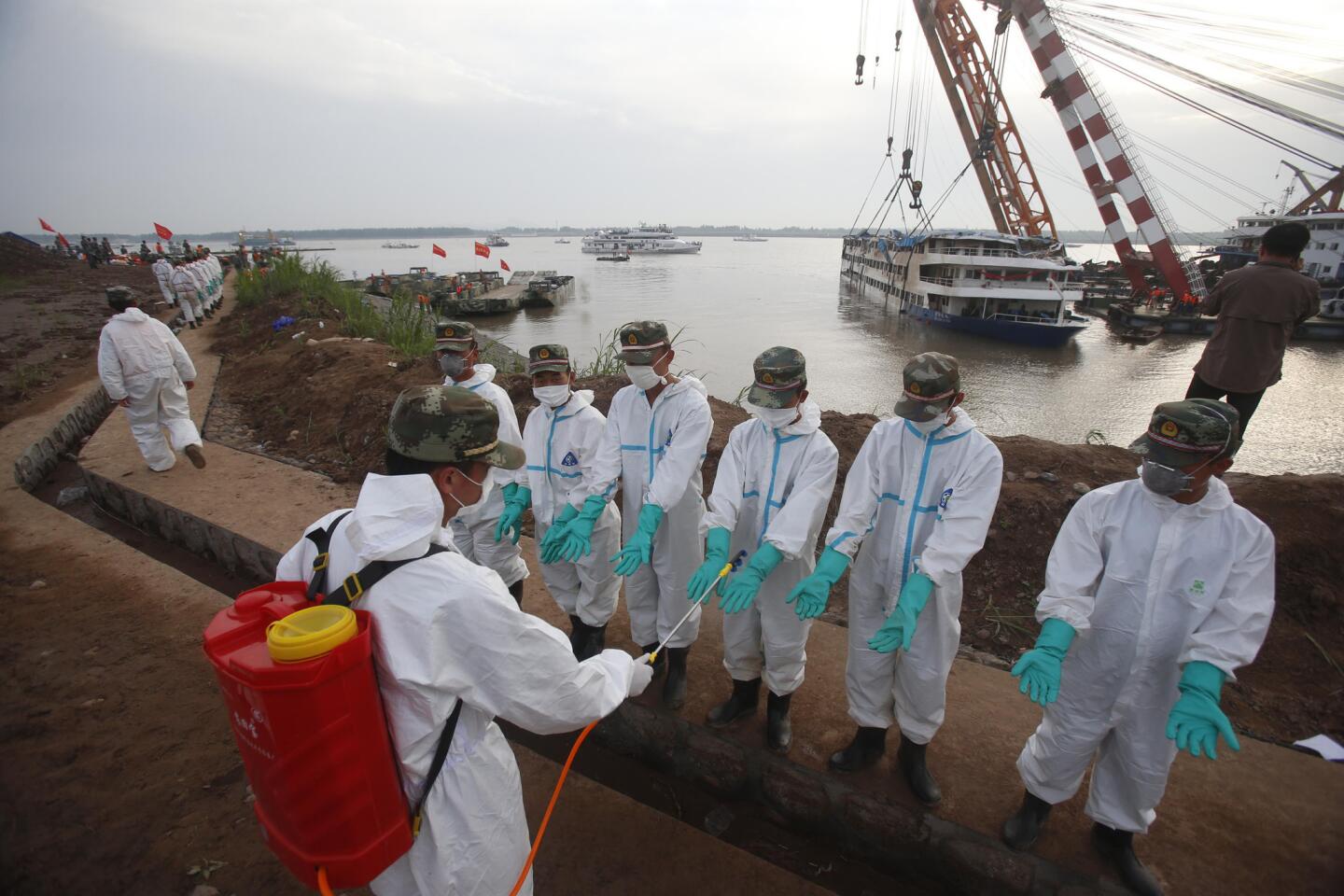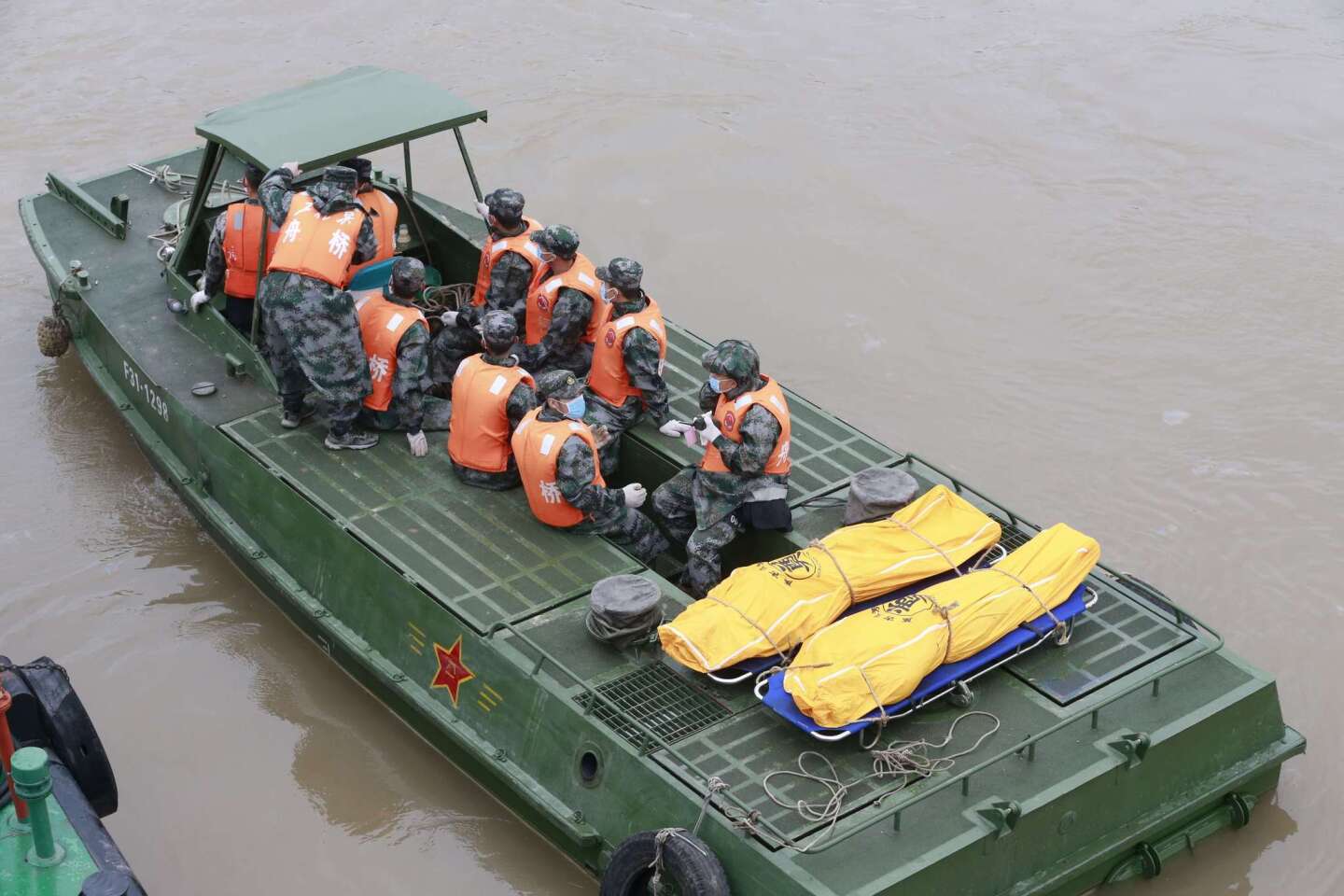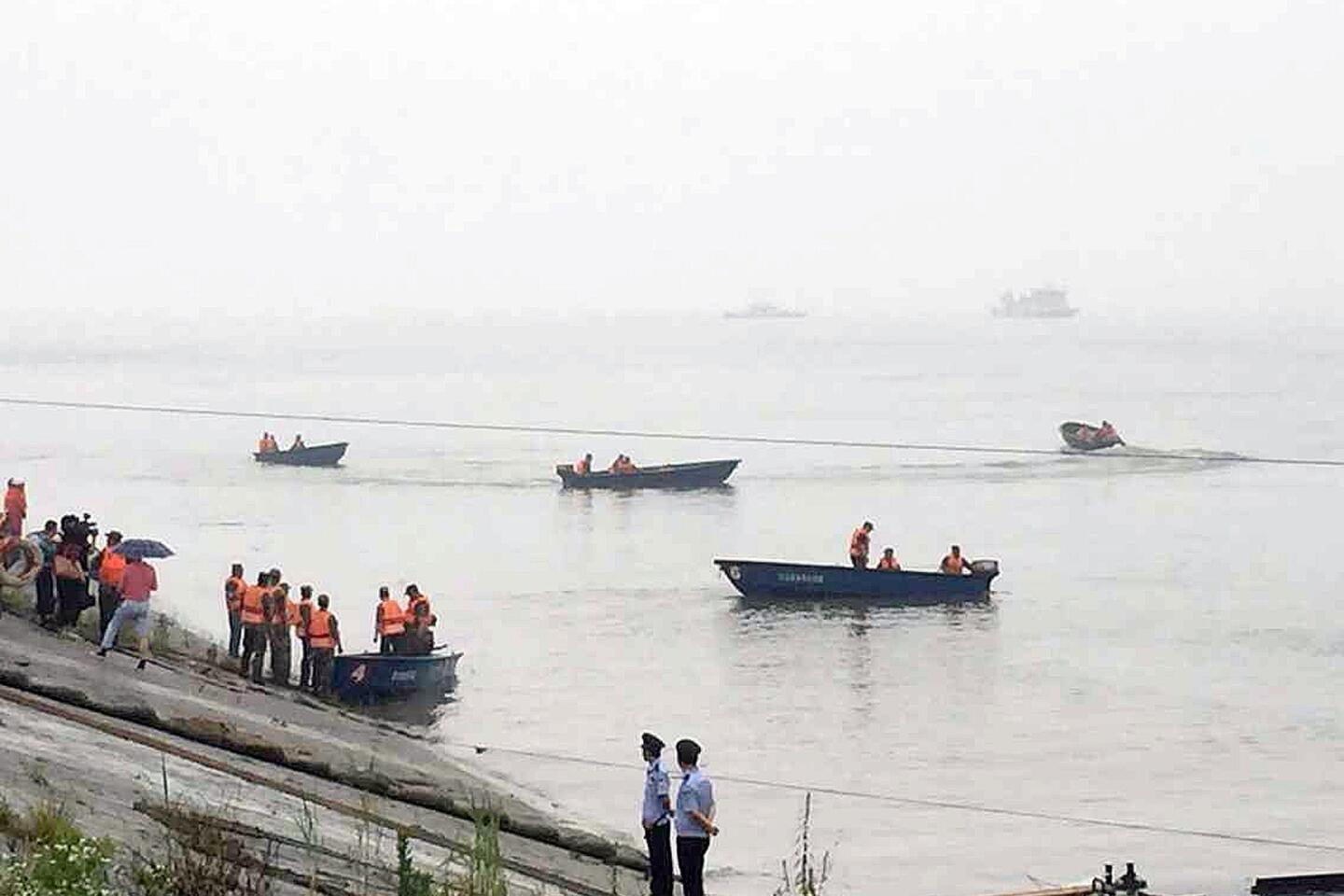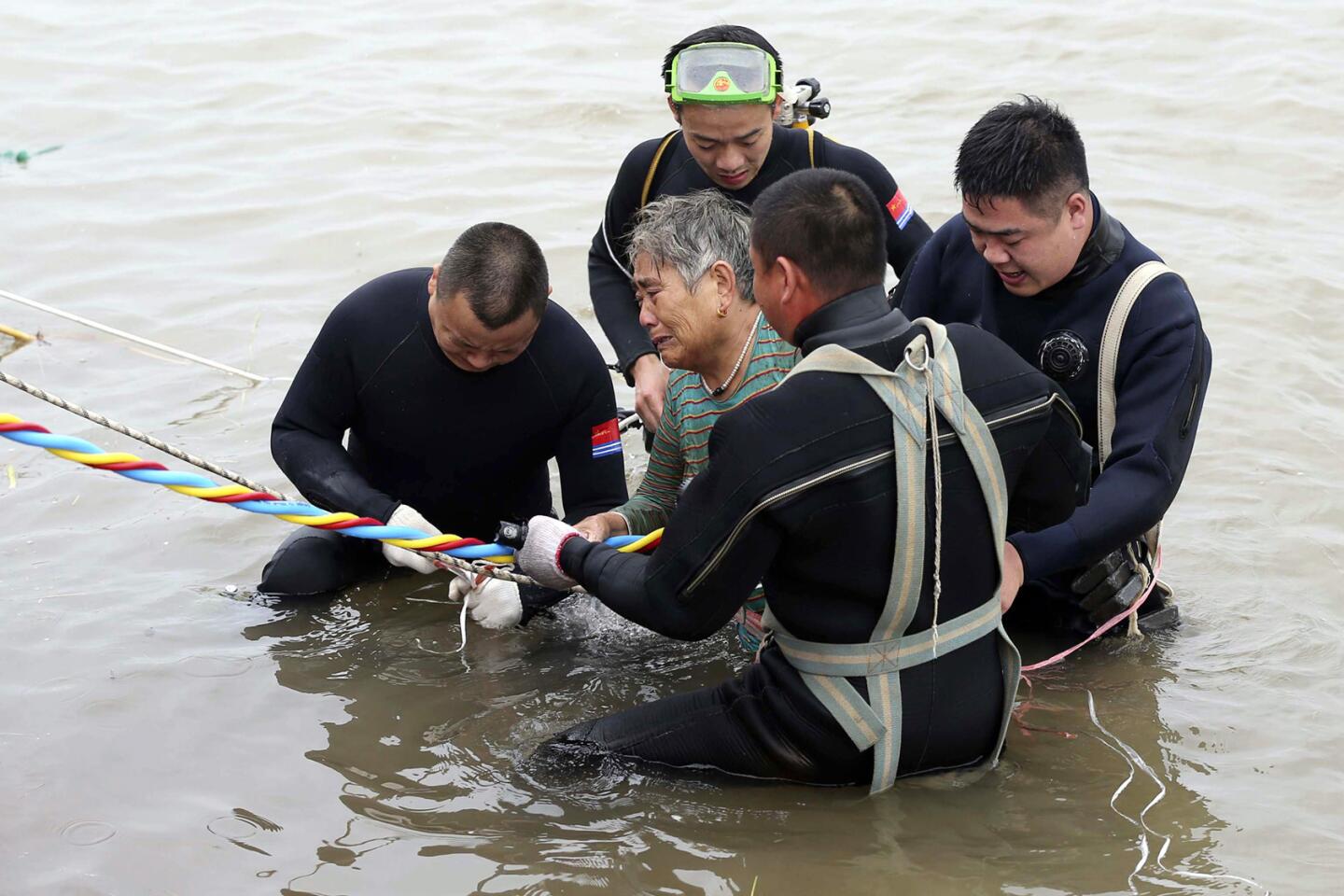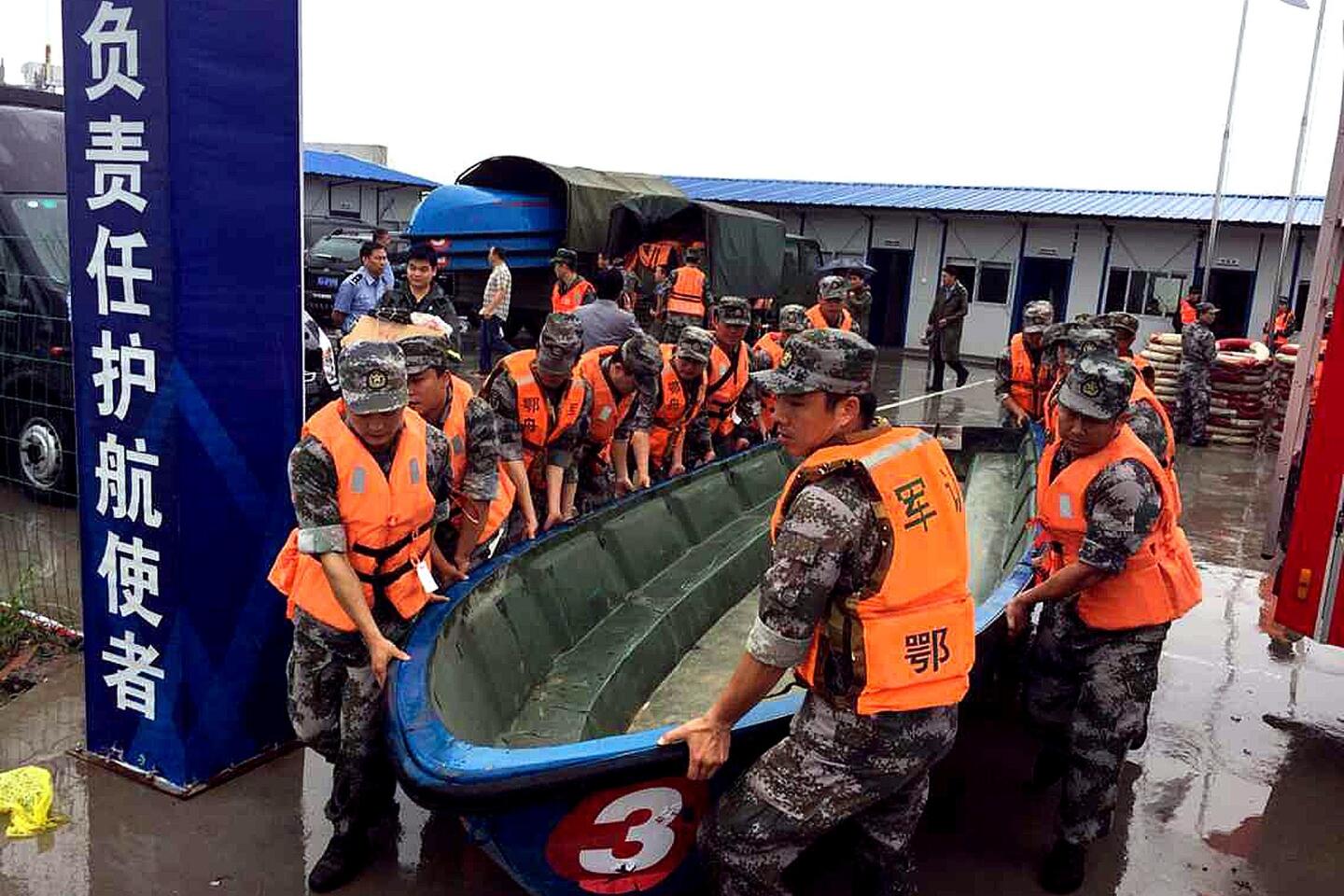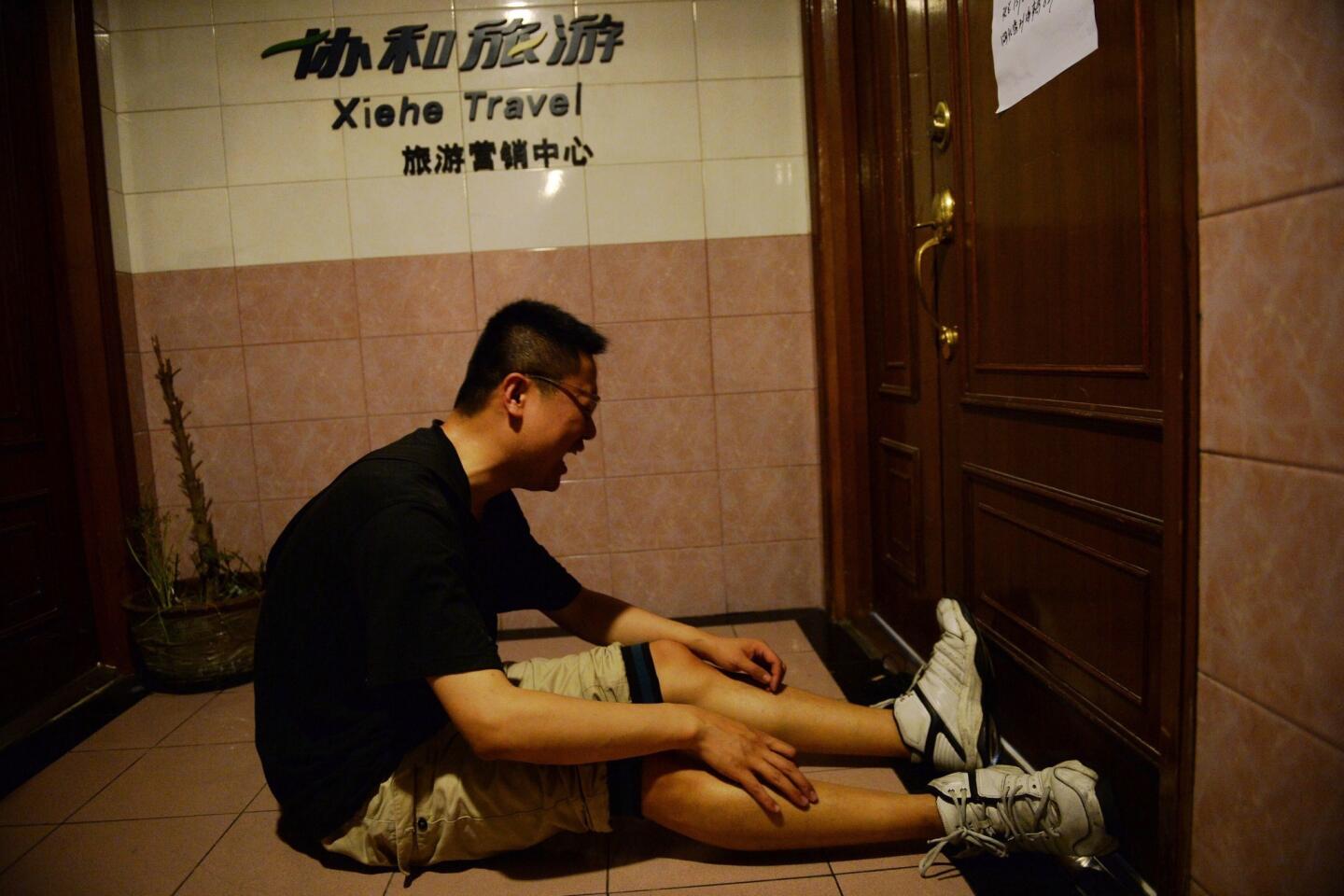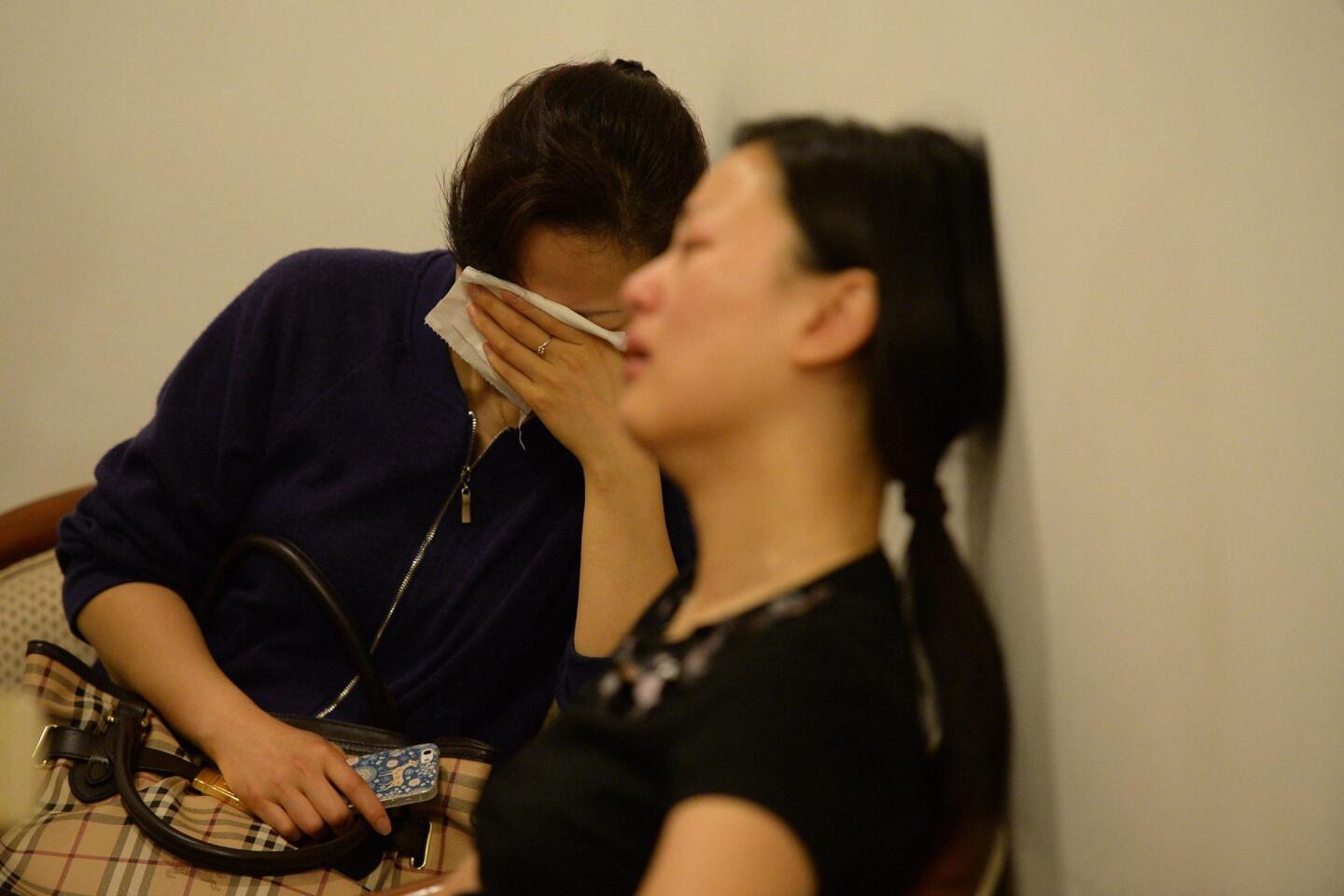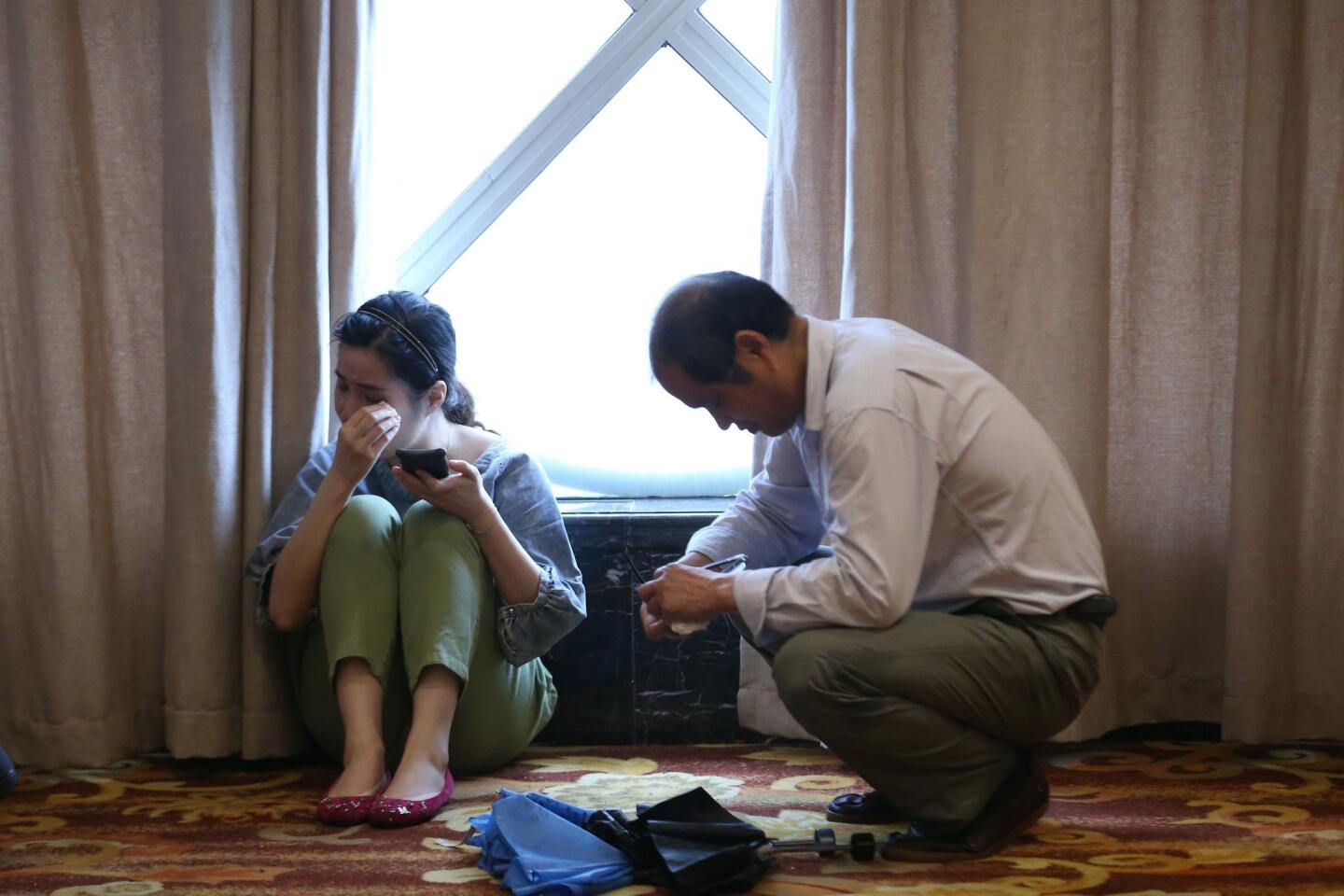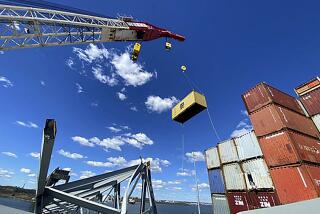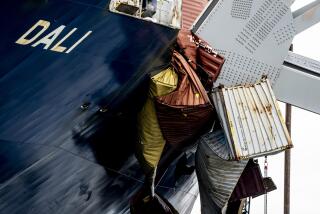Chinese ship captain says he tried to ‘go with the wind’ during storm
The captain of the Chinese cruise ship that capsized this week with more than 450 people aboard said in an interview published Friday that he was attempting to speed up and get the boat moving in the direction of the wind when the vessel suddenly overturned.
The remarks by Capt. Zhang Shunwen, carried by the official New China News Agency, were his first detailed comments about what happened aboard the Eastern Star just before the capsizing. His statement will probably fuel questions about whether he used good judgment as he navigated through inclement weather on the Yangtze River on Monday night – and just how severe the winds were at the time.
The 52-year-old Zhang, who had 30 years of experience sailing on the Yangtze, was one of just 14 survivors of the disaster so far. Late Thursday, authorities declared there was no chance of finding anyone else alive in the hull of the ship and initiated efforts to turn the vessel upright.
By 9 a.m. Friday, two large barges with cranes had rotated the Eastern Star 180 degrees in the water, leaving white upper decks poking above the surface. Authorities said the number of confirmed dead had risen to 82. A net was stretched 500 yards downstream to catch any corpses or objects that might be dislodged from the wreck.
The captain told the news agency that on Monday night, the wind was blowing from south to north at a level 3 or 4 on the Beaufort scale, or between about 8 and 18 mph, and that he was attempting to maneuver the Eastern Star into alignment with the wind.
“I wanted to go with the wind, moving north,” he said, according to the agency. “I wanted to use speed to lessen the wind’s force on the boat, but all of a sudden the wind became much stronger and I lost control of the ship. Even if I made a complete left turn, I couldn’t resist the wind.”
The ship’s chief engineer, Yang Zhongquan, who also survived, told the news agency that he had been on patrol just moments before the capsizing. Suddenly water started to flood into the engineering room, he said, and the lights all went out.
“At this moment, I felt the ship had already capsized,” said Yang, who has been detained along with the captain.
Chinese meteorological authorities have said a freak tornado in the area – with winds up to 12 on the Beaufort scale, or more than 73 mph – were a contributing factor in the disaster.
Accounts of the disaster in state-run media have emphasized weather – not human error or negligence – as the primary cause of the capsizing.
However, captains of other boats in the vicinity reported that they decided to anchor their vessels after a local maritime bureau issued a warning of heavy rain. And some observers have raised questions about whether there was a tornado in the area, noting that no other boats were damaged and no structures on land were destroyed.
President Xi Jinping has ordered a “thorough investigation” of the disaster, China’s worst maritime tragedy in decades. A spokesman for the Transportation Ministry, Xu Chengguan, vowed that “we will never shield mistakes and we’ll absolutely not cover up” anything.
Zhang Xiaohui, a reporter for the Chinese publication Economic Observer, said that he was detained by authorities after going to the ship company’s offices in Chongqing on Tuesday and reporting that he discovered employees shredding documents. Zhang said in a social-media post that he was held under the potential charge of spreading rumors online.
Public confidence in government investigations of disasters has been sorely tested by numerous instances in recent years of coverups and attempts to limit independent media coverage as well as critical comments and questions on social media.
In 2002 and 2003, Chinese authorities spent months downplaying the number of victims of Severe Acute Respiratory Syndrome, or SARS, and even hid patients when officials from the World Health Organization visited the country to try determine the extent of the epidemic.
In 2011, when a high-speed train crash in Wenzhou killed 40 people and injured nearly 200 others, authorities quickly pivoted from search-and-rescue efforts to clearing the scene, even attempting to bury one of the destroyed carriages a day after the crash.
The Railway Ministry spokesman became a national laughingstock after he claimed that the move was an attempt to aid the rescue efforts; his remark that “whether you believe it or not, I believe it,” became a painful Internet meme that seemed to symbolize official indifference and arrogance.
This January, after a New Year’s Eve stampede that left 36 people dead in Shanghai, officials tried to prevent relatives of victims from talking to journalists and police visited people who posted critical comments online. News outlets were ordered to rely only on accounts from state-run sources such as CCTV or the New China News Agency.
Zhan Jiang, a journalism professor at Beijing Foreign Studies University, summed up the themes of CCTV’s coverage of the Eastern Star disaster on Friday.
“It’s a natural disaster, not caused by human error; the rescue is difficult but the rescue team tried their best,” he said. “Don’t show any footage of the pain of families. The two naval divers are the heroes.”
On Friday, the state-run tabloid Global Times published an editorial criticizing foreign journalists’ coverage of the Eastern Star disaster, claiming overseas reporters “looked for the shortcomings of the rescue work” and “pieced together specific disappointments and complaints, knitting together different conflicts and controversies.”
“Some foreign press impatiently wanted to consume the pain of the family members and drop salt on their wounds and cause a confrontation between authorities and the public,” the paper said. “They love exposing the scars of Chinese society.
“We don’t have to be angry about foreign press,” it continued. “They have their own principles and own interests. But we need to understand who we are and make sure we don’t imitate them; we must maintain our own principles.”
The newspaper claimed that after the Wenzhou train crash, which elicited a flood of criticism on social media, “Chinese society is much more mature when facing a disaster and the speed in which the government provides information is faster, and they are much more responsive.”
“The public also has more understanding of the difficulty of search-and-rescue missions,” the paper added. “A small group of people think that this kind of maturity is a kind of going backwards. But most of the people in China welcome this progress.”
Tommy Yang in The Times’ Beijing bureau contributed to this report.
Follow @JulieMakLAT on Twitter for news out of China
More to Read
Start your day right
Sign up for Essential California for news, features and recommendations from the L.A. Times and beyond in your inbox six days a week.
You may occasionally receive promotional content from the Los Angeles Times.
